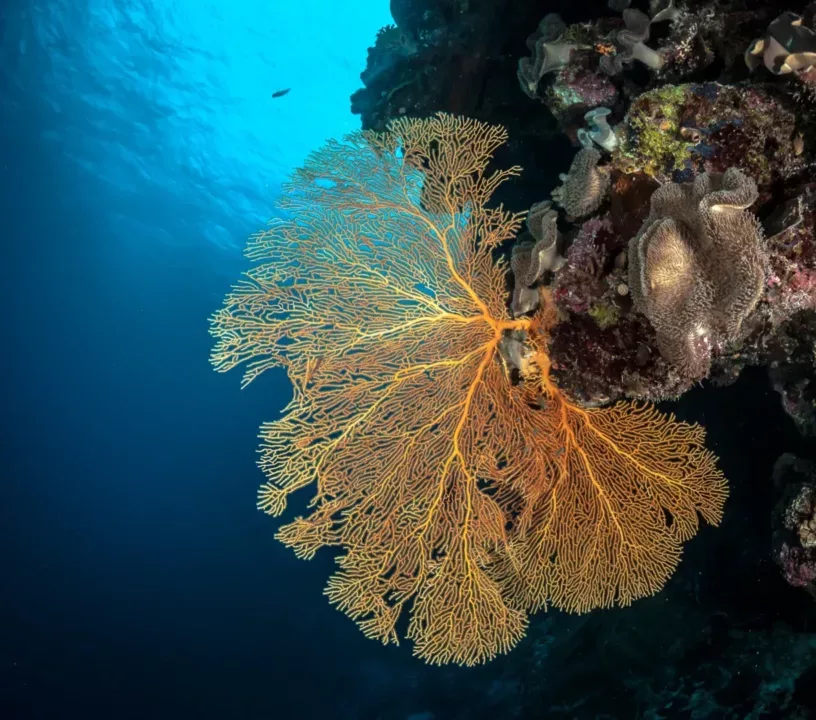Blue Solution a global project implemented in partnership by GIZ, GRID-Arendal, IUCN and UN Environment and financed by the German Environment Ministry through its International Climate Initiative, recently released a booklet on marine and coastal Nature-based Solutions (NbS) in Nationally Determined Contributions (NDC).
The booklet provides solutions and best practices on how essential ecosystems such as coral reefs can be rehabilitated, conserved and managed sustainably for future generations. It offers a deep dive into how existing examples on coastal and marine NbS can inform and inspire the design and the implementation of NDCs – including for NDC transparency and review cycles – in the national, sub-national and even project-level context.
It aims to inspire governments and other stakeholders to embrace Blue NbS in their NDCs – currently under revision by countries in advance of the 26th session of the Conference of the Parties (COP 26) to the United Nations Framework Convention on Climate Change (UNFCCC) – and to refine their global commitments by focusing on specific realization pathways. The examples provided intended to provide hands-on implementation ideas and models to support countries in putting their climate mitigation and adaptation pledges into practice.
Marine and coastal environments hold the key to indispensable Nature-based Solutions (NbS) for keeping global warming below 1.5 degrees, let alone 2 degrees Celsius and for helping humanity adapt to the consequences of climate change.
Nature-based Solutions excel when it comes to climate change adaptation and building climate-resilient communities. In this regard, the booklet, among other ecosystems, sheds a light on coral reefs and their invaluable functions for marine environments. Not only do coral reefs significantly reduce wave heights during coastal storms – triggering a reduction of 70 % – they also provide a range of adaptation solutions and help communities to better cope with climate disasters. Likewise, coral reefs and their surroundings are a vital foundation for coastal food security and income-generating activities.
However, these are also very fragile ecosystems and the rise in water temperature and the adverse effects of climate change have provoked its gradual destruction.

